Ima da govorite srpsko-hrvatski

Iako to na Lupigi nije običaj, ova novica je na engleskom jeziku, a u njoj je sporan upravo jezik ...
Send Me A Dalekoumnozitelj, I Am Croat
BELGRADE - The disintegration of former Yugoslavia more than a decade ago led to the creation of new nations. But it could not erase the fact that Bosniaks, Croats, Montenegrins and Serbs have their language in common.
Call it "Western Balkanian" if not after any particular nation, some have suggested. That describes the part of Europe the nations all belong to, and they do all want to join the European Union.
That language is at present called "Serbo-Croatian". It is understood, despite its local variations, by all 16 million people in the region.
The varieties spoken are distinct due to region, not ethnicity. Serbs in Croatia speak as Croats, Croats in Serbia speak like their Serb neighbours. Serbs, Croats and Bosniaks in Bosnia cannot be ethically distinguished by the language they speak.
The proposal to introduce a single Serbo-Croatian language in EU institutions came from member of the European Parliament Charles Tannock, who suggested that the single common language be introduced, mostly for practical reasons, once the nations join the EU.
"I hope you'll not burden us with expenses for translations into Croatian, Bosniak, Montenegrin or Serbian," Tannock said at a recent discussion in the Parliament, attended by officials from Western Balkans countries. "People from Western Balkans have to agree on the language they all understand, and that is Serbo-Croatian."
The EU spends about 800 million euros (1.04 billion dollars) a year of its 100 billion euro (130 billion dollars) budget for translation into languages of its 27 member nations.
Practical a single language may be, but the idea was not welcomed in Croatia. Media commentators called the proposal a sign of "disrespect" and "lack of goodwill" towards the small nation (population 4.5 million). The daily Vjesnik called for "respect particularity for Croatia" once it joined the EU.
Croatia has been moving towards a separate language separated from Serbian and other influences. Its leading linguists have turned to history, old literature and their own imagination to invent new terms that would detach Croatian from Serbian.
New expressions were introduced for fax, which became "dalekoumnozitelj" (distant reaching copy device). Helicopters were named "zrakomlat" (air beater), phones became "brzoglas" (quick voice), and it was decided that "zoroklik" (cry at dawn) would replace the Croatian "pijevac" that sounded similar to Serbian "pevac" for cock.
A radio station, it was decided, should become "krugovalna postaja" (a station spreading waves in circles), and that an audience could cheer performers with "rukohlap" (hand clap) and not the usual "aplauz" (applause, both in Serbian and Croatian).
New information technology language has been proposed, in place of the English terms in common use. Croat linguists decided that a hard disk should be "cvrsnik" (a hard thing), and that hardware is "ocvrsje" (another word for a hard item).
The mouse became "nastolno klizalo" (a thing gliding on a desk). A copy of an item was named "preslik", derived from but distinct from "preslikati", common both in Serbian and Croatian. An attachment would be "privitak", an item added to something.
Some bloggers took it upon themselves to translate this "new Croatian" into simple language understood to all on the Web.
But some of the new language has been chilling, rather than amusing. New language for military ranks has been taken from the days of the Ustashi regime in Croatia from the days of World War II. The Ustashi were a puppet regime of the Nazis.
The Ustashi exterminated Serbs, Jews and Gypsies under the command of "casniks" (officers, or oficiri in Serbo-Croatian), "satnik" (captain, or kapetan in Serbo- Croatian), and "bojnik" (major, or mayor in Serbo-Croatian).
Serbs made their own efforts to 'cleanse' the language of "Turkish" (Bosniak) or "Croat" words. But they failed to find original Serb language for "carape" (socks), "papuce" (slippers), "secer" (sugar), "duvan" (tobacco), "pamuk" (cotton), "sapun" (soap), "bakar" (copper), "bubrezi" (kidneys), "cekic" (hammer), "cizme" (boots), or "rakija" (brandy).
"Fragmentation of Serbo-Croatian and the development of these languages could have been expected," Belgrade linguist Nikola Tanasic told IPS. "However, imposing or enforcing something in such a sensitive area does not work. People still understand each other and will continue to do so for many years."
The International Criminal Tribunal for former Yugoslavia (ICTY) founded by the United Nations translated all its documents into one language called "B/C/S", or Bosnian, Croat, Serbian. The accused war criminals from all three nations understood it perfectly well.
Vesna Peric Zimonjic, IPS

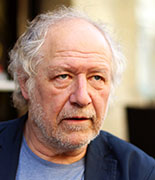

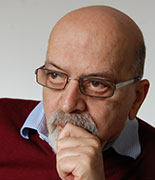
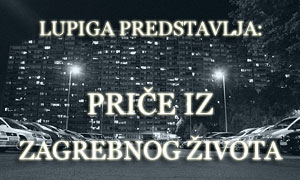
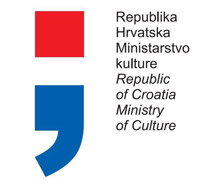
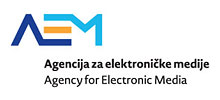
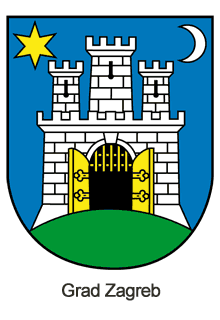
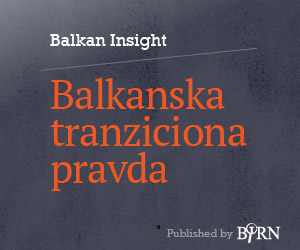
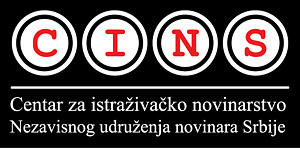
Lingvisticka je cinjenica da su Srpski i Hrvatski 1 jezik, ne politicarenje. Mi ne politicarimo, to rade oni koje jezike razdvajaju iz razloga koji nemaju veze sa lingvistikom, ni fonologijom, ni gramatikom.